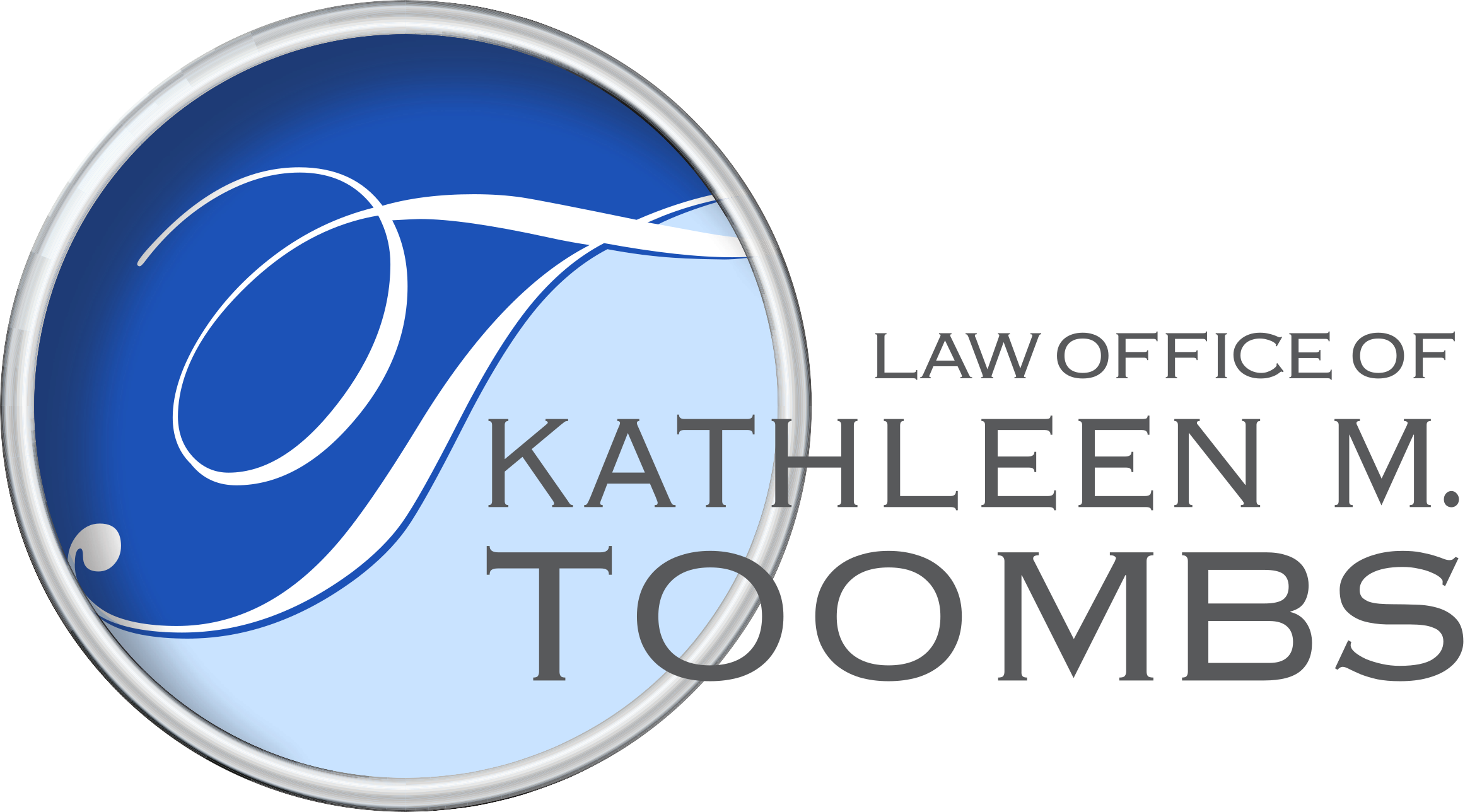Planning for the future of your estate is always a challenge to begin. Many people do not feel that they have sufficient assets to merit an estate plan. Others simply never find the right time to begin. No matter what is keeping you from establishing an estate plan, you need to understand the peace of mind that comes from asking yourself the questions that will need to be answered in the future.
Effective estate planning allows individuals to:
- Create stability for loved ones in the short and long terms
- Minimize the tax burden that can diminish your estate
- Minimize stress and expense for loved ones
- Provide clear direction to loved ones regarding your wishes should you become incapacitated
Estate plans can deal with such issues as:
Wills
It is all too easy to put off the process of drafting a will. The decisions that need to be made may be difficult. There may seem to be more time. The reality, however, is that there will not always be more time. Taking steps now to clearly define your wishes for your estate and how you want to provide for your loved ones in the future will be a tremendous comfort to them.
Failing to draft a will leaves your assets under the control of the state laws governing intestate estates. Those state laws may not provide appropriate allocations for your spouse or any children who may have particular needs. Only by taking steps to ensure your wishes are known can you ensure that your loved ones are provided for.
Common goals that can be achieved by drafting a will:
- Providing for loved ones
- Minimizing conflict among heirs
- Minimizing taxes
- Minimizing expenses
- Establishing who would be guardian to any minor children
Trusts
Making decisions about your future, the future of your assets and how you will provide for your loved ones in the future is difficult. Just beginning to wade through all of the decisions that have to be made can be overwhelming. Having a skilled and experienced elder law attorney by your side as you begin to think about these issues can be a real comfort and can help ensure that the estate planning choices you make will actually accomplish the goals you have decided on.
Trusts are potent tools for helping people build an effective estate plan. Trusts offer numerous advantages over wills, including:
- Avoiding probate
- Avoiding public disclosure
- Minimizing taxes
- Minimizing expenses
- Maintaining a greater degree of control of assets
Common types of trusts include:
- Irrevocable trust
- Living trust
- Life insurance trust
- Special needs trust
- QTIP trust
- Charitable remainder trust
Advance Directives
A key element to a comprehensive estate plan that is often overlooked is addressing how health care decisions will be handled. Leaving a record of what health care choices you want made on your behalf will help guide loved ones who may have to speak for you. One can go further and appoint a particular individual to take responsibility for carrying out your wishes and looking out for your best interests.
Common estate planning instruments that help guide your health care include:
- Advance directives (living wills)
- Health care proxies
- Powers of attorney
Guardianship
Those who do not take the necessary steps to ensure that their wishes regarding health care are respected may find themselves subject to guardianship. In the event you are unable to articulate your health care choices, one of your loved ones will be forced to ask the court to be appointed as a guardian. This is an expensive and difficult process that can easily be avoided through proper estate planning.
Download Our Client Questionnaire
Helpful Links:


